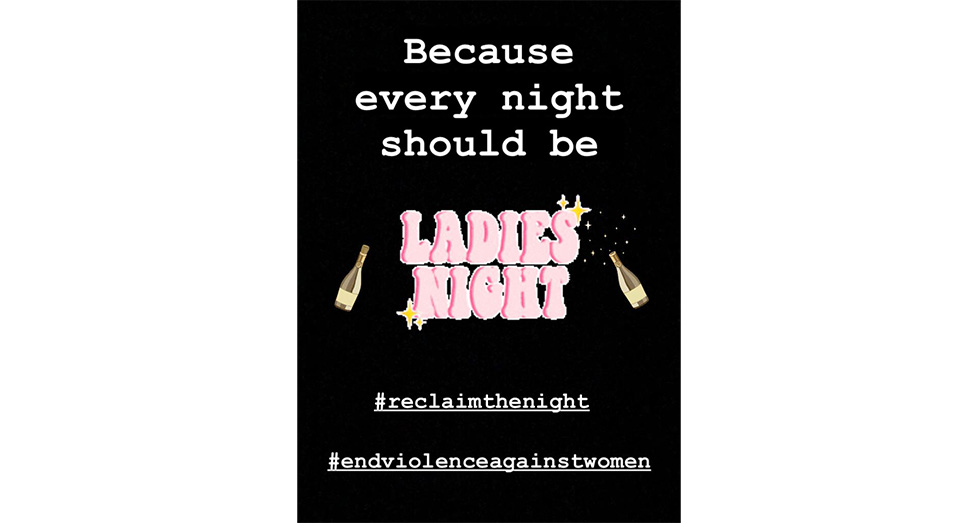The Right to Walk Freely
MY experiences as a young woman have always been filled with fear and anxiety when it comes to the night. In fact, when I speak to many women, nightfall and womanhood seem constantly at odds. We are fearful of the night, and our Guyanese culture further compounds that fear. From an early age, Guyanese parents often reinforce the belief that “girl children should not walk late.” It simply means that girls ought to be indoors before the sun sets.
The older I get, the more stories I hear of women being harassed, harmed, threatened, or worse—having their lives taken at night. I came across the concept of “reclaiming the night” after a conversation with a professor in the United Kingdom. She explained that she once helped to organise such a march for women on her university campus after many complained about feeling unsafe while walking there at night. She said they all marched around the campus holding hands, and it was such an empowering experience for all the women present. With a sense of community, they were able to “reclaim the night,” and at the same time, they carried posters and flyers encouraging men to leave women alone as they walked during the evenings.
Have you ever considered that women have to plan an entire routine if they need to venture out in the evenings? If some women need an item from the store, they either hurry to get it before it’s “too late” or ask a male partner or friend to assist. I vividly recall my experience attending university and having late-night classes. My father would wait for me on the roadway to walk with me into our street. He did this to deter men from taunting me as I walked.
For some women, the night is far more dangerous in their communities—beyond taunting and teasing. In fact, the “Reclaim the Night” movement originated in the United Kingdom in the 1970s. In the city of Leeds, women launched the movement after a rogue serial killer murdered and attempted to murder many women in the area during the night. Women were terrified to walk the streets. As such, this movement was started to empower women to take back control of their routines and their right to traverse the streets at night.

Over the years, the movement has crossed borders, and many women across the world now host marches and demonstrations on “reclaiming the night” in their own communities. I am writing this column in the hope of inspiring women in Guyana to understand that we, too, are entitled to the freedom of evenings and nightfall. We should walk our streets, no matter the time of day, without worry or fear.
I encourage you all to challenge your internal belief systems. When we see news headlines of women being tormented on the streets at night, many often say, “She should’ve stayed home,” or “What is she doing out so late?” But how often do we turn our attention to the perpetrators and how they use the night to their advantage to prey on women? These reflections can help us all collectively understand why it is important for women to reclaim the night.
It is more than just the time of day, the darkness of the nights, and the ability to walk when we feel like it—it’s about reclaiming our power and fighting for our human rights. So many terrible things have happened to so many women in the evenings, on our streets, and in our communities—it’s about time we say enough is enough. No matter where we go, what we do, or what we wear, yes means yes and no means no. The night belongs to us too.




.jpg)









